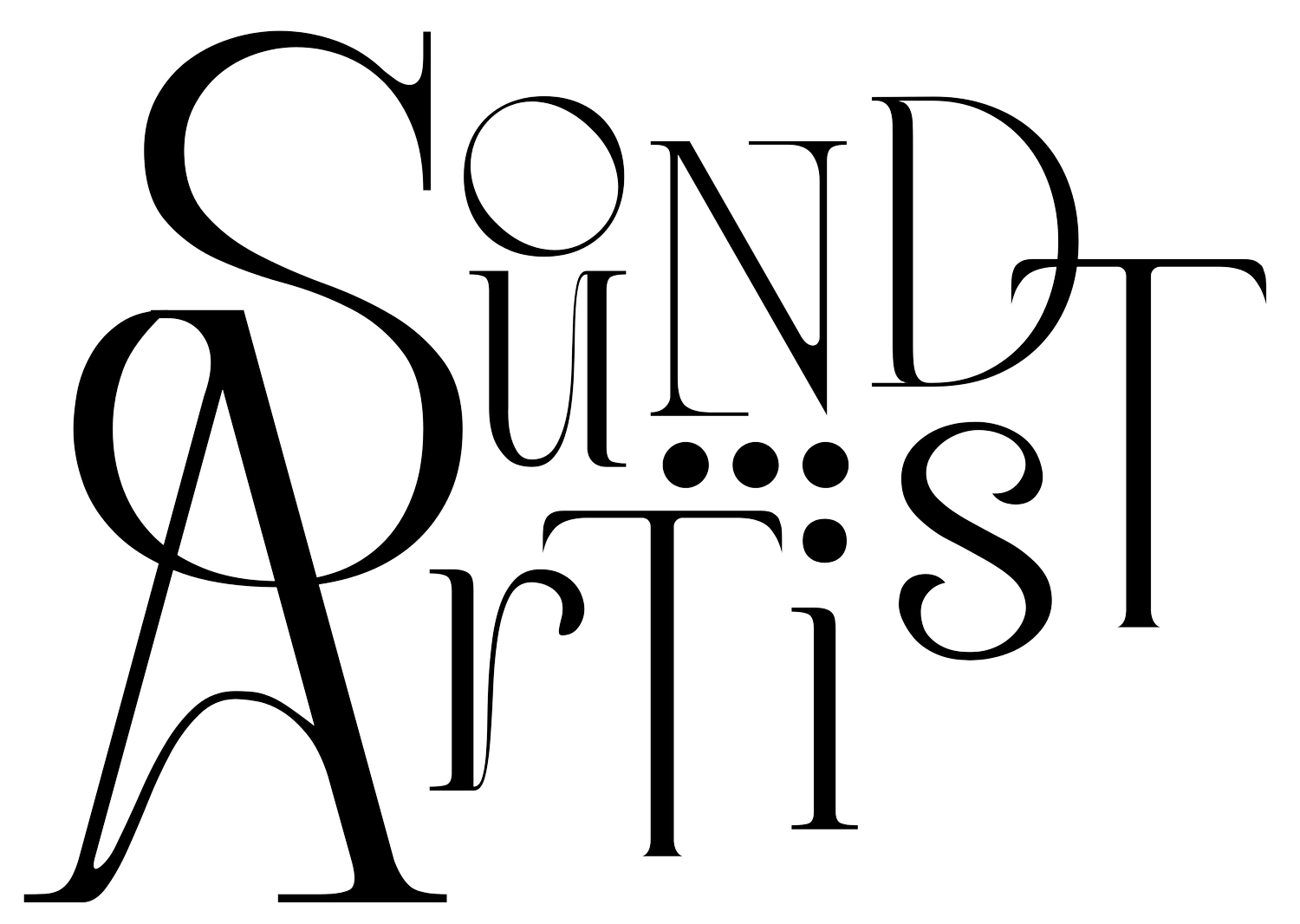Art of Creation: A Guide on How to Make Music
Have you ever found yourself intrigued by the idea of crafting your own musical masterpiece?
Whether you're a lifelong instrumentalist or a dedicated music enthusiast, the prospect of diving into the world of music creation can be both exhilarating and challenging.
Fortunately, in today's digital age, the path to making music has never been more accessible. Armed with just a computer and valuable online resources, you're ready to embark on a rewarding journey into music production.
Let's explore the essential elements and steps that will set you on the right path to creating your own music. From the necessary tools to the creative process, this guide aims to demystify the world of music production and help you channel your artistic vision.
Essential Tools for Your Musical Journey:
When envisioning a music producer, you might picture a high-tech studio with expansive mixing boards and top-notch microphones. However, creating incredible music is within reach with just a laptop and the right software. Here are the core essentials to kickstart your music production adventure:
Digital Audio Workstation (DAW): The heartbeat of music production, a DAW is the software where you record, edit, and arrange sounds. Choosing the right DAW is crucial, as it becomes your creative canvas. There are various options available, each with its unique features and user
Popular DAWs:
GarageBand (Free): Widely recognized and user-friendly, especially for Mac/iOS users.
Logic Pro X ($200): A more advanced version owned by Apple, known for its sleek UI.
Ableton Live ($0 - $749): Popular for live performances and music production.
Studio One ($99 - $399): Intuitive and feature-rich, with exclusive beat-making and scoring tools.
Bitwig Studio ($99 - $399): Offers a unique and expansive approach to music production.
FL Studio ($99 - $499): Particularly strong in hip hop and EDM genres.
Sounds and Plugins: These are the building blocks within your DAW that bring your music to life. Sounds can range from pre-existing loops to one-shots, while plugins are software pieces adding virtual instruments or effects to your sounds.
Physical Instruments and Hardware (Optional): If you play an instrument or sing, you can incorporate these talents into your music. While not mandatory for digital production, they can add a valuable dimension to your creations.
Navigating Your DAW:-The Basics of Music Production:
Once you've chosen your DAW, it's time to acquaint yourself with its key features. While DAWs vary, they share common views and workflows:
Track/Arrangement View: This is where you layer different parts, creating a musical canvas with measures and musical elements.
MIDI Editor/Piano Roll: Here, you add and edit MIDI notes, enabling you to compose beats, chord progressions, and melodies.
Channel Strips: Each track has a channel strip where you add audio effects like echo, reverb, and EQ.
Learning the specifics of your DAW is an ongoing process, and resources like official manuals and YouTube tutorials can be invaluable and can be learned online.
Your Music Creation Journey:
With the foundational tools in place, it's time to dive into the creative process. Let's explore six key steps that unlock the magic of music creation:
1. Crafting a Beat:
Rhythm, melody, and harmony form the pillars of music. Begin by understanding rhythm—the timing of notes and rests. Create a new software instrument track, select a drum kit, and use MIDI notes to arrange kicks, snares, and hi-hats, building the foundation of your beat.
2. Building a Chord Progression:
Move on to outlining harmony with a chord progression. Chords, collections of pitches, provide the harmonic backbone. Choose a major or minor scale, create a pattern of four chords, and loop it to sync with your beat. Optionally, add a bassline by isolating root notes.
3. Writing a Melody:
Melodies are the soul of music. Consider the established chord progression and musical key as you craft a memorable melody. Focus on contour—how the melody flows—and strike a balance between repetition and variation for an engaging result.
4. Adding Layers and Additional Parts:
Experiment by adding more tracks to your project. Whether it's extra instruments harmonizing with your melody or rhythmic elements enhancing chord progressions, this phase is about exploration and fun.
5. Developing Your Idea into a Full Track:
Expand your initial idea into a complete song by introducing new sections like an intro, bridge, and outro. Adjust chord progressions and melodies to create a cohesive narrative. For vocal-oriented songs, consider varied lyrics for verses and consistent ones for choruses.
6. Mixing Your Music:
Now, focus on blending your tracks seamlessly. Use volume, panning, and audio effects to ensure a cohesive and clear sound. Although traditionally a separate phase, mixing can occur organically during the creative process.
Digital Audio Workstation (DAW) Usage:
| DAW | Percentage |
|---|---|
| Pro Tools | 24% |
| Ableton Live | 19% |
| Logic Pro | 14% |
| FL Studio | 13% |
| GarageBand | 9% |
| Cubase | 8% |
| Studio One | 7% |
| Reaper | 3% |
| Other DAWs | 3% |
Music Genre Preferences:
| Genre | Percentage |
|---|---|
| Pop | 20% |
| Rap | 14% |
| Rock | 13% |
| Latin | 8% |
| R&B | 8% |
| Indie | 6% |
| Electronic/Dance | 5% |
| Country | 5% |
| Others | 21% |
Final Touch:
The last step, mastering, polishes your overall sound. While mixing fine-tunes individual elements, mastering applies subtle adjustments at the macro level. Take time away from your music to approach it with fresh ears. Follow a mastering guide to ensure your track is ready for distribution.
Conclusion: Share Your Musical Journey with the World
Congratulations! You've unlocked the essentials of music creation. Whether you're creating for personal enjoyment or aspiring to share your music with the world, this guide provides a roadmap for your creative journey. Export your track, listen on the go, and embrace the joy of making music!



